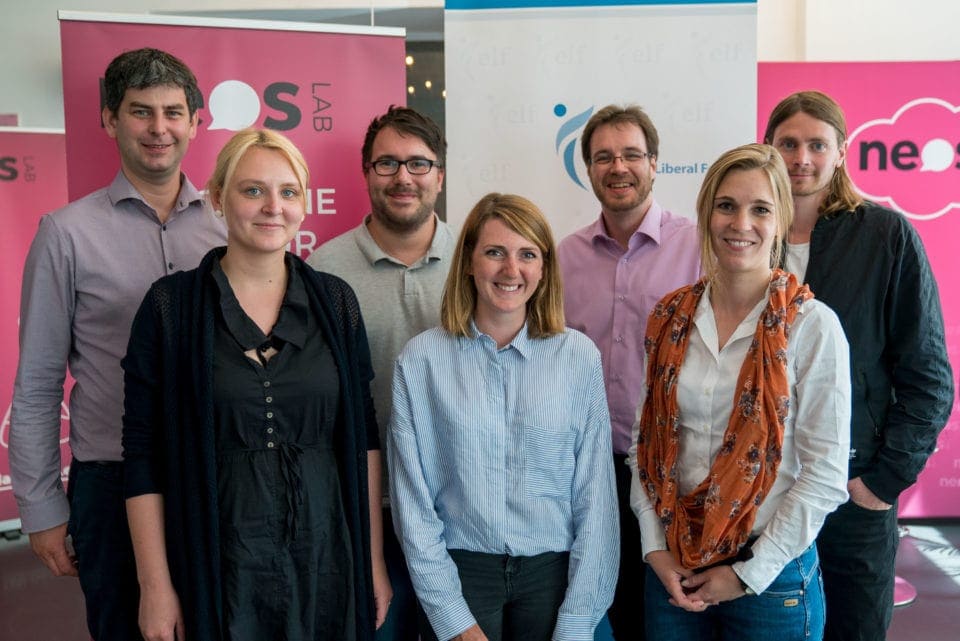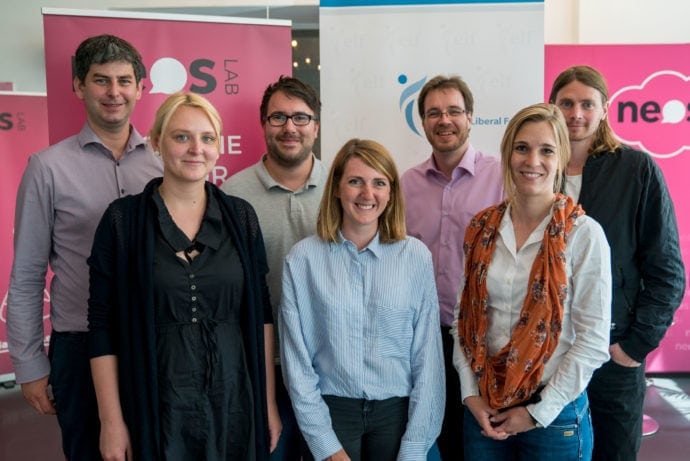The workshop covered the topic of adopting social security systems in reaction to the challenges brought up by digitalization and work 4.0. It served to identify the main challenges our systems face, and provided the opportunity to share best practice experiences by bringing together experts from the academic, political and entrepreneurial field.
The workshop consisted of three parts. First, participants worked out the main problem areas our social security systems face and grouped them thematically. In further discussions those challenges got prioritised by the participants. In the second part, workshop participants reported on the current state of debate in their respective countries, and shared personal experiences with dealing with these challenges. In the third and final part, participants were asked to two develop two different scenarios for a Europe in 2038 and come up with ideal utopian solutions how our social security systems are managed 20 years into the future.
Key issues raised during the workshop by the participants:
- The question of owning and sharing data in the platform economy, and the discrepancy between the worker generating data without the ability to access or take it with her when switching between gigs and systems.
- The lack of knowledge and reflectivity among workers in the digital economy on topics such as social security or career management, which is key in an area where having multiple jobs and heterogenous career paths are the norm.
- The amount of overhead in our traditional social security systems and public administration, and the ever-decreasing willingness of people to fund them.
- The need for experimental social policy that takes well defined risks to develop and implement policy changes. This is also connected to the question of social inclusiveness, and must consider the risk-averse population share.
- The importance of social trust in a fragmented and highly volatile labour market for the sustainability of any form of social security system
- The need for more flexible social security solutions, with a particular focus on a flexibilization of pension schemes that allow financially covered pre-pension career-timeouts for the acquisition of new skills and career reorientation.
- The role of national borders in a global digital labour market.
- The opportunities for simplified regulations on who must pay how much into the social security system.
- The prospect of automated taxation and accounting procedures that take care of financial contributions on a dynamic basis while ensuring general social security coverage.

